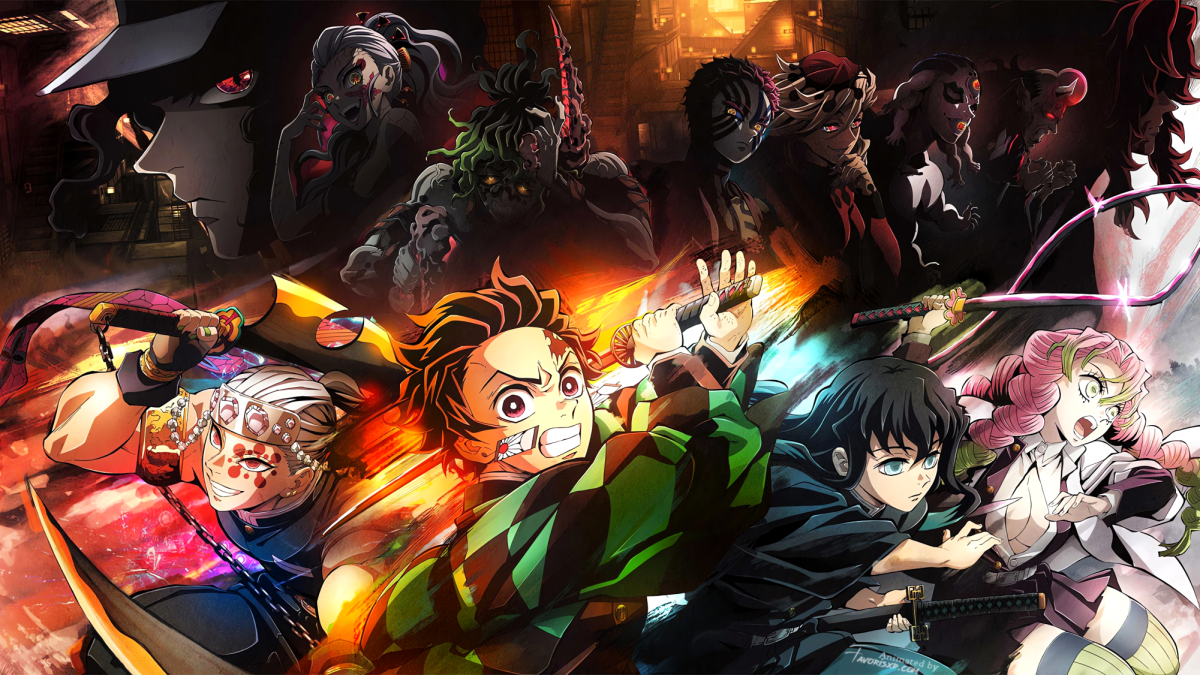By CHRIS CHAE
Staff Writer
Clubs are undoubtedly a wonderful way to connect yourself not only to the school and its people, but to a passion. UHS houses a diverse population of unique students, whose interests go beyond the scope of classroom education. Whether it is a burning desire to bore one’s brain to death by memorizing business terms to more casual human-like interests in anime club, there are a variety of engaging clubs for all students to join. From community service clubs to culture clubs, from arts clubs to academic clubs, there is a second family waiting for everybody. Or is there?
While the number of students stays relatively the same from year to year, the number of clubs shoots up everytime. Last year, twice as many clubs were added than there were rejected.
“There has been a huge increase in the number of clubs that essentially do the same thing,” Clubs Commissioner Anthony Liang said. “The result has been a net decrease in the membership of each club and fragmentation of togetherness.”
Why do these “new” clubs form rather than joining another club with similar goals?
College applications.
Drawing from the fact that many new clubs are formed by juniors and first semester seniors, only to be disassembled once they leave, the conclusion can be drawn that these clubs are formed for the sole purpose of slapping it down on their college application activities list. This completely destroys the purpose of club culture. Clubs are formed to nurture students in their passion by uniting them together, not an award to throw away once they’ve used it. As Liang said, “a good club comes from the mental and physical labor that the members invest in it.” These students don’t realize that just having the title of founder or a board position is not worth that much to colleges. On the activity list, you are required to write down the amount of time you have dedicated to each extracurricular, as well as your achievements. The care and effort put into the club will be reflected in the writing, whereas people who blindly thirst for fancy titles will easily be read as shallow and undedicated.
Another problem arises in clubs that have already been accepted, but now have dwindled in membership and impact. These clubs leave behind just a board, comprised of students thirsty for a board position with no real goal of improving the club. These dying clubs have an advantage over similar clubs with more tangible goals because new clubs are subject to scrutinization in interviews, along with comparison to other similar clubs.
“Generally speaking, it is harder for new clubs to be approved than old ones to continue,” Liang said.
This is unfair. If an existing club is not performing up to standard and they are lacking in their duties, they should not be approved for the next semester and new clubs should be given a chance to prove themselves.
To reform the UHS club system, Liang has three goals set in place. To prevent multiples of similar clubs, he will filter through registering clubs and “reduce redundancy.” This will force all the people who try to create “new” clubs for the purpose of getting a board position to join a similar club instead. The money given towards clubs will be maximized in club grants, given that there is a direct goal for its usage. Clubs that require personal funds to operate and are harder and more expensive to run will have a better chance to operate. Finally, club showcases will be integrated at different areas of the school, allowing for clubs to advertise more effectively. With the large number of clubs that UHS has, many are often forgotten and ignored. But with the integration that Liang promises to bring, there will be numerous chances for clubs to promote themselves if they wish.
But is this enough? No. Even if the Clubs Commissioner and the rest of ASB put in all this work to improve our club culture, it all comes down to you. You, the people who join clubs, who nurture clubs, who enjoy clubs. You have the power to pursue your interests and find other students that have goals and dreams similar to your own. Because club culture is not about the club. It’s about you, the people who join, people who nurture people, who enjoy people.
Categories:
Why Our Club System Needs Reform
September 15, 2019
0
Donate to Sword & Shield
$180
$1000
Contributed
Our Goal
Your donation will support the student journalists of University High School. Your contribution will allow us to purchase equipment and cover our annual website hosting costs.








